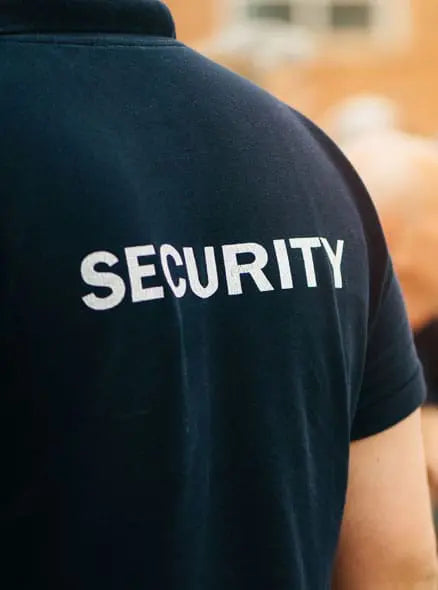When it comes to starting a career in the Irish private security industry, the quality and credibility of your training matter just as much as the skills you gain. One of the most reliable indicators of a high-standard course is QQI Accreditation. But what exactly does it mean, and why should you make sure your security course is QQI-approved before enrolling? Let’s break it down.
What Is QQI Accreditation?
QQI stands for Quality and Qualifications Ireland, the national agency responsible for ensuring consistent, high-quality education and training across the country. A QQI-accredited course meets strict national standards for content, delivery, assessment, and learner support.
When a course carries QQI approval, it means the programme has been reviewed, validated, and officially recognised within the National Framework of Qualifications (NFQ), giving you confidence that it meets industry and employer expectations.
Why QQI Accreditation Is Essential for Security Training
In Ireland, working in the private security sector requires a PSA licence (Private Security Authority licence). To be eligible, you must complete a QQI-accredited training course in your chosen field, such as Door Security Procedures and Guarding Skills.
Benefits of Choosing a QQI-Accredited Security Course
Here’s why QQI accreditation should be at the top of your checklist when comparing training providers:
- Recognised by Employers and the PSA
A QQI-accredited qualification is nationally recognised and accepted by the Private Security Authority, giving you instant credibility when applying for a licence or job.
- Guaranteed Quality and Compliance
QQI courses follow strict quality assurance guidelines, ensuring the training you receive is up to date, compliant with Irish regulations, and taught by qualified instructors.
- Better Employment Opportunities
Employers trust QQI qualifications because they signal professional competence and verified training standards. Graduates from QQI-accredited programmes are more likely to secure roles quickly.
- Transferable and Progression-Friendly
Because QQI courses are part of the National Framework of Qualifications, you can use them as a foundation to progress into advanced security or management courses later in your career.
How to Verify If a Course Is QQI-Accredited
Before enrolling, always check:
- The training provider is listed as a QQI-approved centre on the official QQI website.
- The course includes a QQI code and level (for example, Level 4, Level 5).
- The certification details are clearly mentioned in the course information.
If you can’t find this information, contact the provider directly, or choose a well-established provider that’s transparent about its accreditation.
Why Thousands of Learners Choose ICSE
For over 19 years, ICSE has been Ireland’s leading QQI-approved security training provider, training more than 20,000 learners and issuing over 30,000 QQI certificates.
Every ICSE course is carefully developed, fully compliant with QQI and PSA standards, and designed to prepare learners for real-world success in the private security sector.
Get started today at www.securityexcellence.net and train with confidence.
Conclusion
QQI Accreditation isn’t just a label, it’s your assurance that the course you’re investing in is recognised, respected, and meets national standards for excellence. Whether you’re aiming to become a door supervisor or security guard always choose a QQI-accredited provider to ensure your qualification leads directly to a PSA licence and a successful security career.

